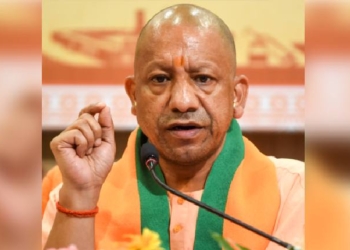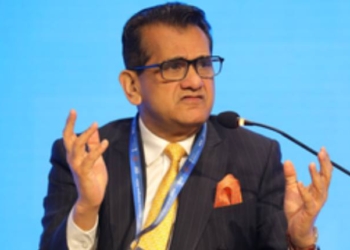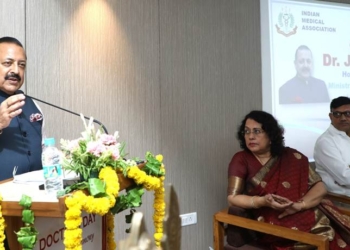New Delhi: The Supreme Court on Monday expressed discontent over the delay in the creation of infrastructure for special courts in Bihar to deal with cases under the Bihar Prohibition and Excise Act.
A bench, headed by Justice Sanjay Kishan Kaul, noted that in 2016, the law was passed but the state government is yet to allocate land for infrastructure for the special courts. The bench asked the state government counsel why the state does not encourage plea bargaining, in view of lack of infrastructure.
Why not release all accused, booked under the prohibition law, on bail till the necessary infrastructure is created for the trial, it asked counsel.
The bench, also comprising Justice Abhay S. Oka, told senior advocate Ranjit Kumar, representing the Bihar government: “Why can’t we grant bail to all the accused booked under the offences specified in the law? Why don’t you vacate the government buildings for the courts?”
Citing the pendency of cases which burdens the judiciary, the bench said over 3.78 lakh criminal cases have been registered under the law but only over 4,000 have been disposed of, and pointed out “this is the problem, you pass the law without even looking at its impact on the judicial infrastructure and the society”.
Citing one of the sections of the Act, the bench said as far as the power for imposing a penalty for consumption of liquor is concerned it is okay, but it is concerned with the power of imposing sentence on the accused by the executive magistrate.
Advocate Gaurav Agrawal, the amicus curiae in the matter, said the high court has expressed its reservation about the conferment of powers on executive magistrates.
Kumar said that the rate of disposal of cases under the Act has increased as recruitment of several judicial officers has been made.
The bench granted one week to the state government counsel to seek necessary instruction on the issue as to what could be done in the matter.
Also, all the aspects connected with the matter — creation of the necessary infrastructure to the conferment of powers on executive magistrates to deal with cases under the law — will be examined, added the bench.
The top court made these observations while hearing a matter relating to the prohibition law, which came into force in Bihar in 2016.
(IANS)

















